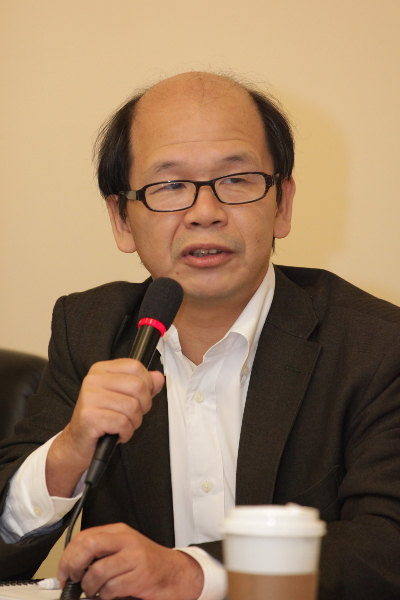
Full Text
簡体字 / 正體字 / English摘要:
台湾年轻人的工资2010年代长期停顿,台湾和中国大陆间的工资差距变大。中国拟利用这样的情况推动统一工作,提供在中国大陆创业和就业的优惠以便拉拢台湾年轻人。但到目前为止,并未出现台湾的年轻人为了就业或创业而大张旗鼓地流向中国大陆的情况。为何?笔者2017年进行了台湾大学生和研究生的采访,跟他们讨论他们对自己前途的想法,本文透过采访的结果检讨上面的问题。本文的主要发现是:第一,多数的学生打算毕业后在台湾就业。一部分的学生,虽然承认台湾的工资水平不高,但认为可以靠着自己的能力找得到工资合理的工作。另外一群学生热切地想要在台湾与家人在一起。第二,很多学生将来有机会想去海外,但一部分的学生断然排除去中国大陆工作。他们对中国有着相当强的嫌恶感。这种嫌恶感可能反映他们的台湾人认同。第三,也有想去中国大陆工作的学生。但是,他们也考虑去其他的外国就业。他们视为中国大陆是外国之一,比照条件选择去哪里。本文的这些发现解释了台湾年轻人到目前为止没有大张旗鼓地流向中国大陆的理由。同时,显示将来也发生年轻人大规模移动并造成重大政治冲击的可能性不高。
摘要:
台灣年輕人的工資2010年代長期停頓,台灣和中國大陸間的工資差距變大。中國擬利用這樣的情況推動統一工作,提供在中國大陸創業和就業的優惠以便拉攏台灣年輕人。但到目前為止,並未出現台灣的年輕人為了就業或創業而大張旗鼓地流向中國大陸的情況。為何?筆者2017年進行了台灣大學生和研究生的採訪,跟他們討論他們對自己前途的想法,本文透過採訪的結果檢討上面的問題。本文的主要發現是:第一,多數的學生打算畢業後在台灣就業。一部分的學生,雖然承認台灣的工資水準不高,但認為可以靠著自己的能力找得到工資合理的工作。另外一群學生熱切地想要在台灣與家人在一起。第二,很多學生將來有機會想去海外,但一部分的學生斷然排除去中國大陸工作。他們對中國有著相當強的嫌惡感。這種嫌惡感可能反映他們的台灣人認同。第三,也有想去中國大陸工作的學生。但是,他們也考慮去其他的外國就業。他們視為中國大陸是外國之一,比照條件選擇去哪裡。本文的這些發現解釋了台灣年輕人到目前為止沒有大張旗鼓地流向中國大陸的理由。同時,顯示將來也發生年輕人大規模移動並造成重大政治衝擊的可能性不高。
Abstract:
In the 2010s, wage growth for young employees in Taiwan stagnated, resulting in increased disparity between wage growth in Taiwan and China. China has attempted to take advantage of this situation to further its cross-strait unification policy by providing young Taiwanese people support for finding jobs and starting businesses in the mainland. However, no large-scale movement of young Taiwanese people to the mainland has been observed. Here, I examine why young Taiwanese people have chosen not to move to and work in the mainland by discussing the results of interviews I conducted in 2017 with students at Taiwanese universities. These interviews provided several important findings. First, more than half of the students intended to stay and work in Taiwan after graduation even under the current adverse economic situation; some were confident in their ability to find a job with a high enough salary; others simply wanted to stay close to their family. Second, most students said that they would consider working overseas if the opportunity arose in the future; but some of them flatly refused to work in the mainland expressing an unfavorable view of China, which may reflect the strength of their Taiwanese identity. Third, some students wanted to work in the mainland; however, they were also interested in working in other countries and they considered China as just one of many foreign countries they could choose. These findings suggest several reasons why the movement of young Taiwanese people to the mainland has been limited and indicate that such movement is unlikely to markedly and suddenly increase in the future and therefore is unlikely to have a serious political impact on future cross-strait relations.